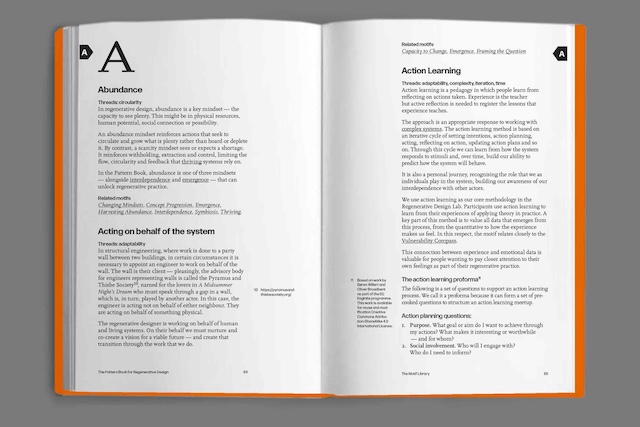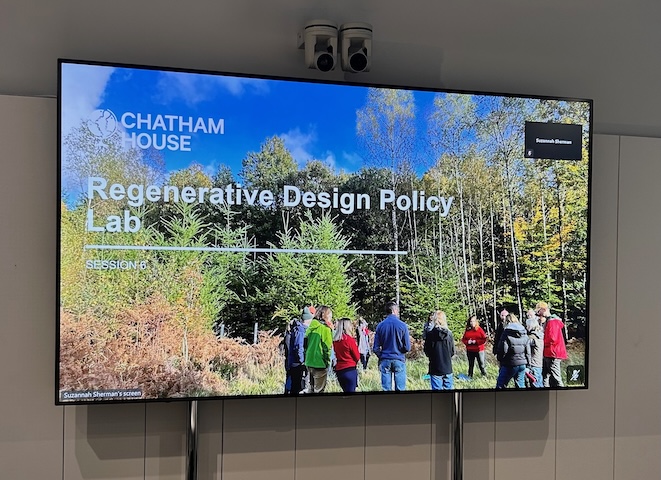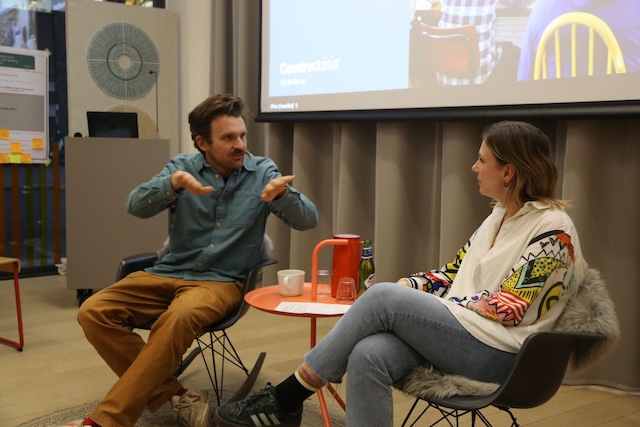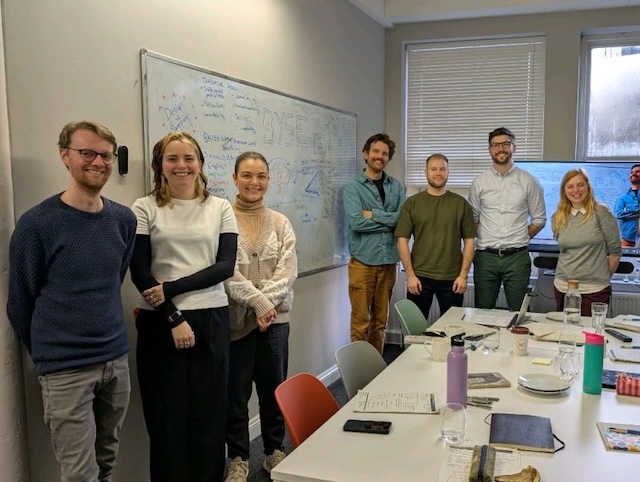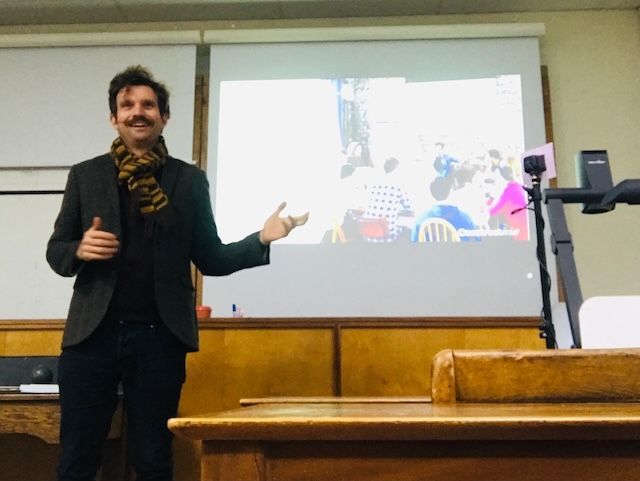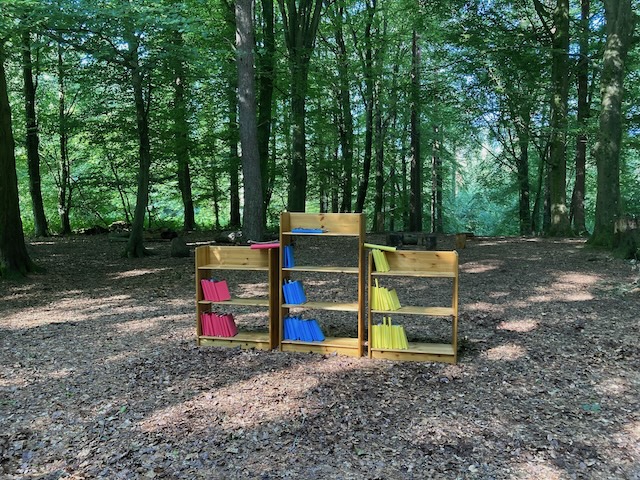Today we ran Session 2 of our Introduction to Conceptual Design for Structural Engineers, part of the ongoing programme we deliver through the Institution of Structural Engineers. Titled Filling the Kalideascope, this session focused on how to gather and organise the raw material that fuels early-stage design thinking.
The heart of the session was our Kalideascope model—a tool we use to help engineers (and other humans) structure creative thinking by collecting information, questions, and ideas in parallel. Participants explored how real breakthroughs often come not from solving the brief, but from widening it—bringing in unexpected inputs, hidden tensions, and emerging possibilities.
There was a particular moment of shared recognition when we asked: “Who here takes photos of structural details on holiday?”—a seemingly simple question that lit up the conversation and revealed how much creative thinking is already happening, often unconsciously.
Participants shared sources of inspiration ranging from childhood cartoons to precedents in industry, highlighting what we call information over time—inputs that are gathered slowly and personally, long before the design brief arrives.
One participant returned from the coffee break and said, “I’m starting to have lots of questions now.” It reinforced a core theme of the session: sometimes the best thinking happens when we’re away from our desks.
We closed by asking everyone to sketch and place their ideas into the Kalideascope. As always, the act of drawing unlocked new lines of thought. Even moments of being stuck became teachable—reminders that conceptual design is as much about navigating uncertainty as it is about generating ideas.
Up next week: what to do when your thinking gets stuck, and how to use constraints and structure to get things flowing again.

